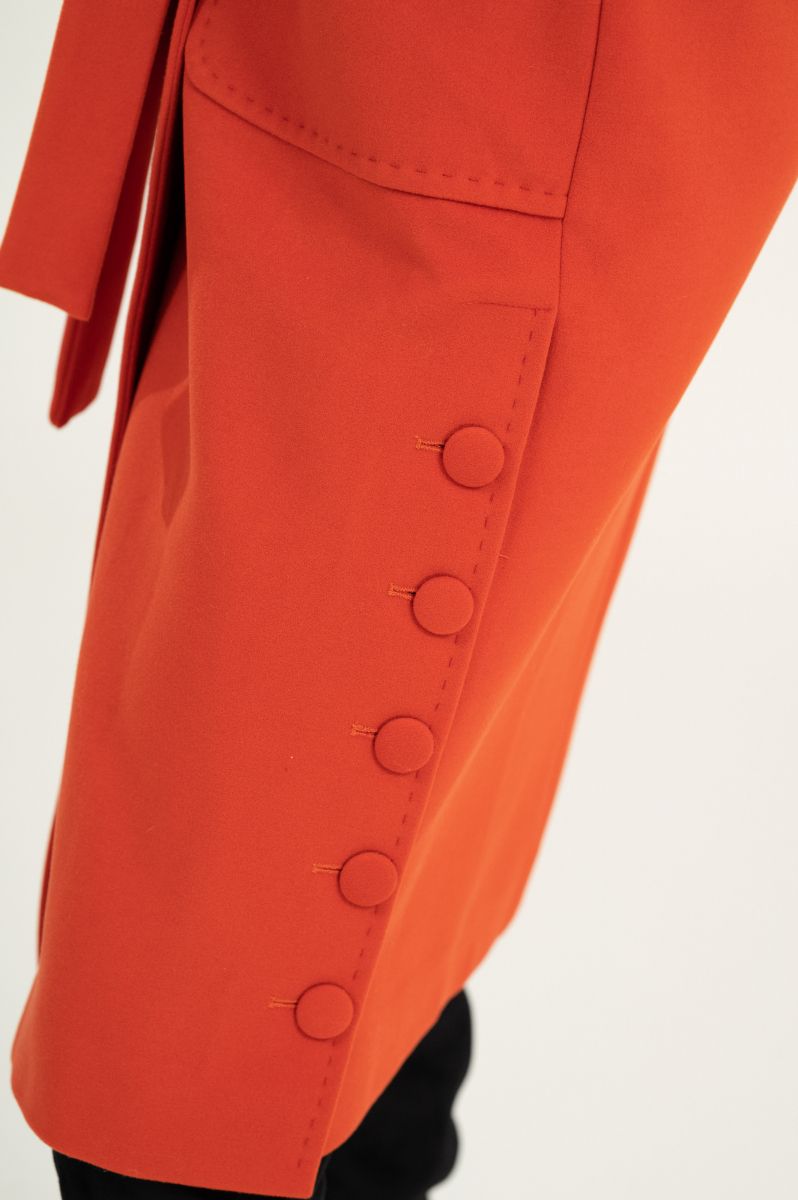
Paltoane dama portocalii: elegante • de iarna/primavara/toamna • lungi si scurte - de la 126 lei - DivaShop.ro

Palton portocaliu de ocazie drept si lung din stofa cu lana foarte elegant Akira – Paltoane.talya.ro

Palton de toamna portocaliu American Vintage dama drept din material neted cu nasturi si maneca in raglan – paltoane.defirma.ro

Paltoane dama portocalii: elegante • de iarna/primavara/toamna • lungi si scurte - de la 126 lei - DivaShop.ro

Paltoane dama portocalii: elegante • de iarna/primavara/toamna • lungi si scurte - de la 126 lei - DivaShop.ro

Palton dama casmir portocaliu cu nasturi lateral Palton dama casmir si lana portocaliu cu nasturi lateral. este un model petrecut cu buzunare mari ,captuseala este portocalie cusuta in romburi. Pe partea de

Palton dama casmir portocaliu cu nasturi lateral Palton dama casmir si lana portocaliu cu nasturi lateral. este un model petrecut cu buzunare mari ,captuseala este portocalie cusuta in romburi. Pe partea de

Palton elegant portocaliu de lana Mango Rock cu nasturi si croiala dreapta moderna – paltoane.famy.ro



















